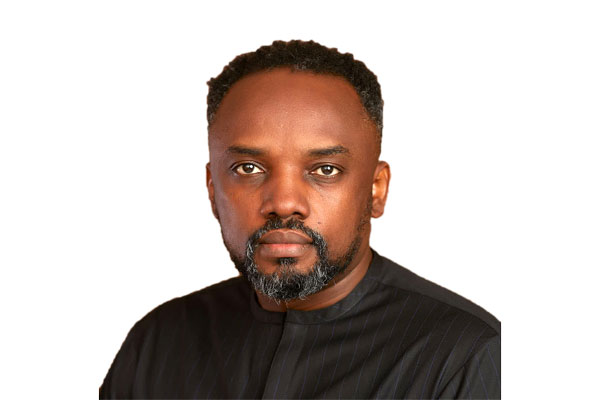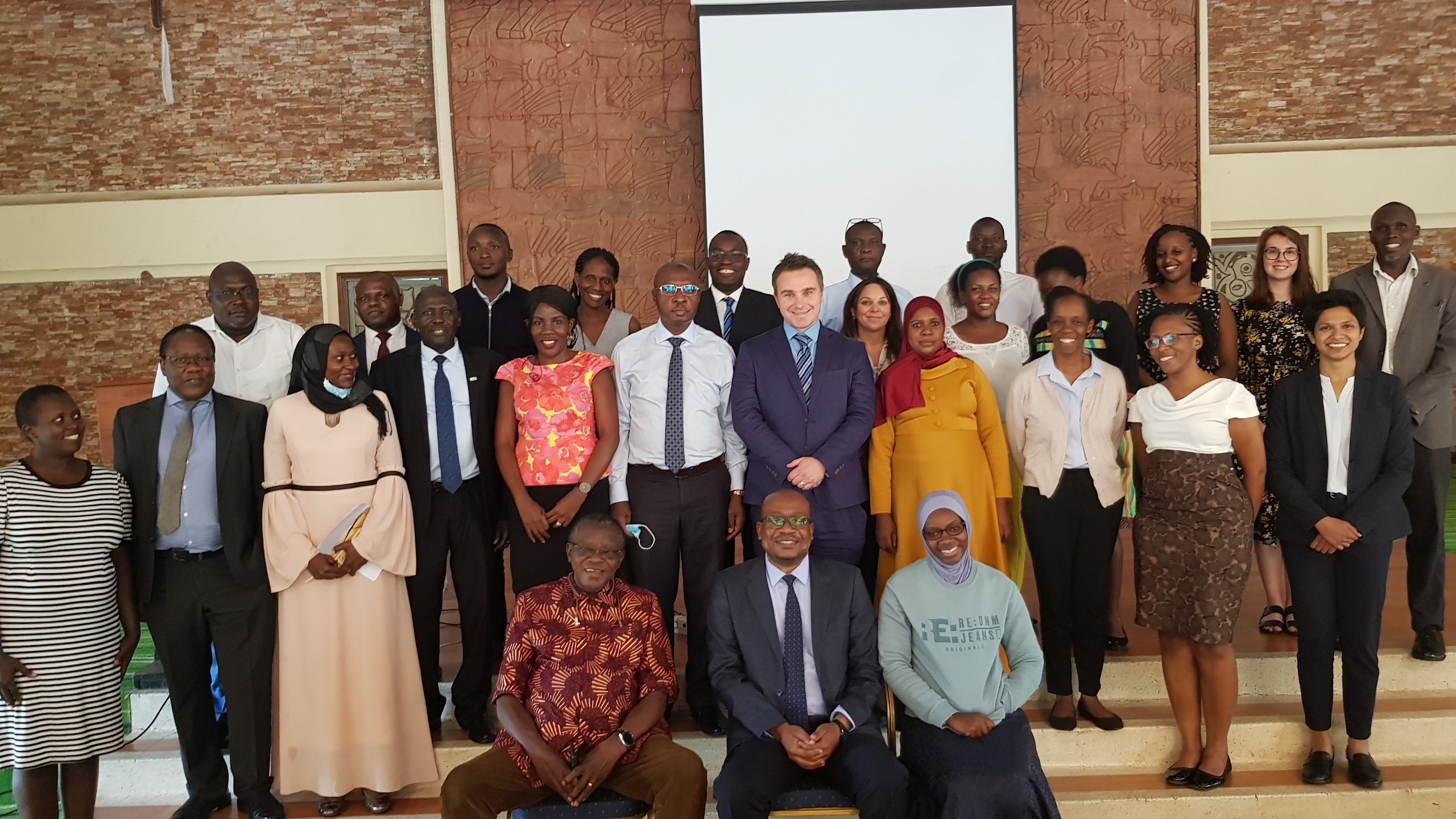Health solidarity is health security

Ifeanyi M. Nsofor
What you need to know:
- And after two and a half years of Covid-19, the world’s health systems are coming apart at the seams. While the end of the pandemic may be in sight, the virus is still raging
Kicking off the United Nations’ second annual Sustainable Development Goals Moment last month, Unicef goodwill ambassador Priyanka Chopra Jonas emphasised the role of solidarity as a driver of change. “Global solidarity is more important than ever,” she said. “Together, we have an extraordinary opportunity to change the world we live in.”
While Chopra Jonas was referring to the fight against climate change, that sentiment could apply to many other global issues. Solidarity is essential to solving many of humanity’s most pressing challenges. But it is crucial for achieving health security.
And after two and a half years of Covid-19, the world’s health systems are coming apart at the seams. While the end of the pandemic may be in sight, the virus is still raging. Moreover, monkeypox has been officially declared a public health emergency of international concern, and cases of vaccine-derived poliovirus have been documented in more than 30 countries, including the United States and the United Kingdom. At a time when infectious diseases can spread around the world within hours, global solidarity matters more than ever.
What this means is straightforward. People living along the path of an approaching wildfire must work together to extinguish it. The same goes for global health security. In 1966 – at the height of the Cold War – the United States teamed up with the Soviet Union to end smallpox and measles. This collaboration, in turn, encouraged the WHO to lead the eradication programme.
Moreover, putting WHO, a global organisation, in charge ensured that the smallpox vaccine was freely available to every country, without richer countries hoarding doses. The last case of smallpox was identified in Somalia in 1977 and WHO declared the disease eradicated three years later. The entire effort cost $300m, but it is estimated to have saved over $1b per year.
Polio is another disease that is close to eradication thanks to a coordinated global effort. Rotary International launched a campaign to immunise children around the world against polio in 1985. Three years later, the Global Polio Eradication Initiative was established at WHO’s World Health Assembly. Many countries joined the initiative, contributed funds, and mobilised agencies and communities. In the 34 years since its founding, GPEI has reduced the global incidence of polio by more than 99 percent.
We seem to have forgotten these lessons. In contrast to the concerted global push to end smallpox and polio, the response to Covid-19 has been characterised by nationalist parochialism. The pandemic is a global calamity that has killed more than six million people, in addition to afflicting at least 100 million with so-called long Covid. But this time, instead of coordinating their responses, developed countries focused on mitigating its impact within their borders.
Africa, on the other hand, initiated the world’s best-coordinated response to Covid-19, by marshalling the resources of regional institutions like the African Union and fostering local partnerships. Addressing a pandemic like Covid-19 requires this level of cooperation on a global scale.
The Covid-19 Vaccine Global Access (Covax) facility was meant to be a coordinating mechanism to help galvanise the worldwide vaccination effort and ensure that lower-income countries could access vaccines. But Covax has faced constant funding gaps and struggled to acquire doses.
The chance to do better is right around the corner. Health authorities in Uganda have recently declared an Ebola outbreak after a case was confirmed in Mubende District.
Global solidarity is necessary to contain this outbreak. Higher-income countries must take the lead in developing detection and response mechanisms. And global institutions like the UN and the WHO must counter nationalism by promoting equity.
The author, Ifeanyi M. Nsofor is a Global Atlantic Fellow for Health Equity at George Washington University.
-- Project Syndicate




